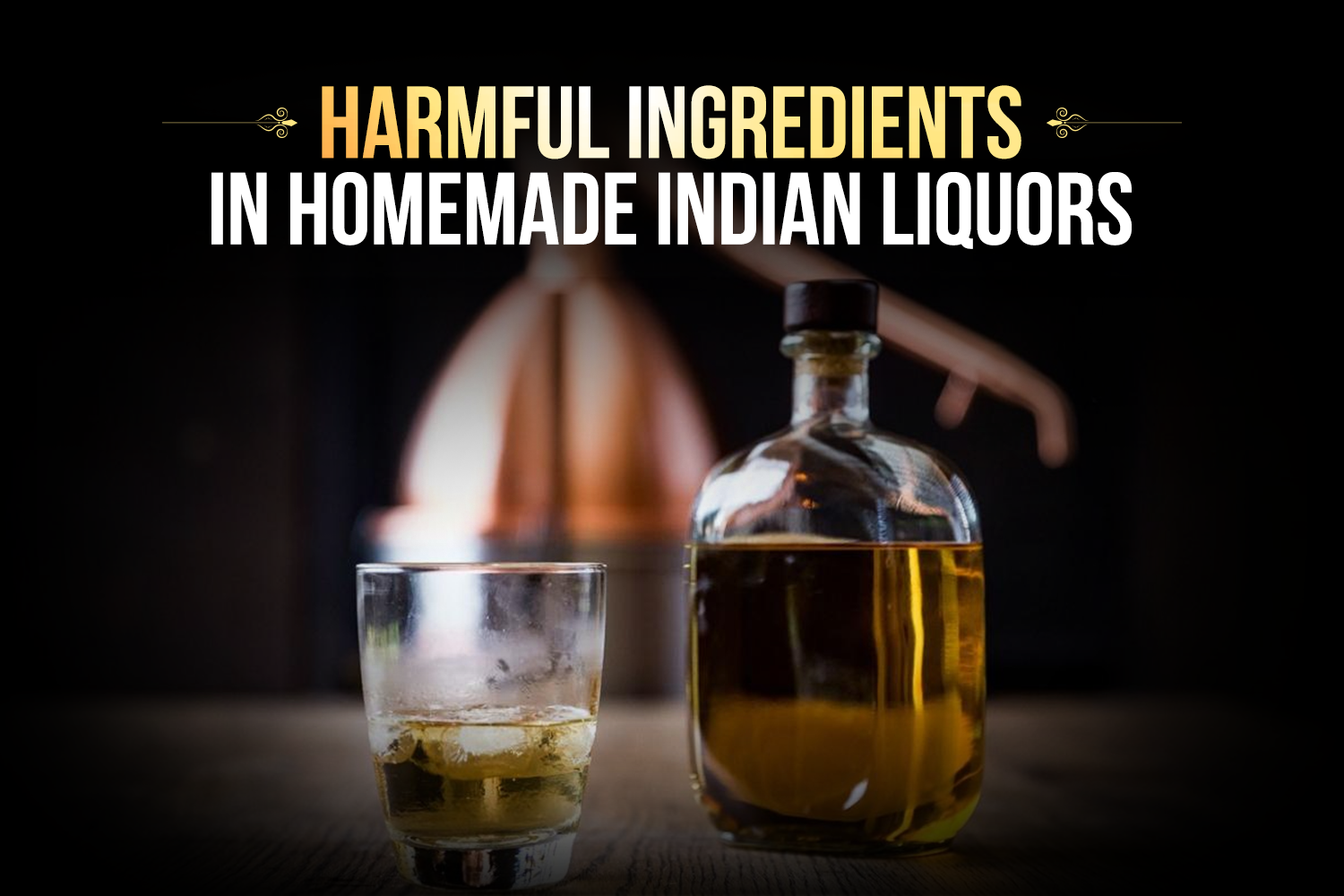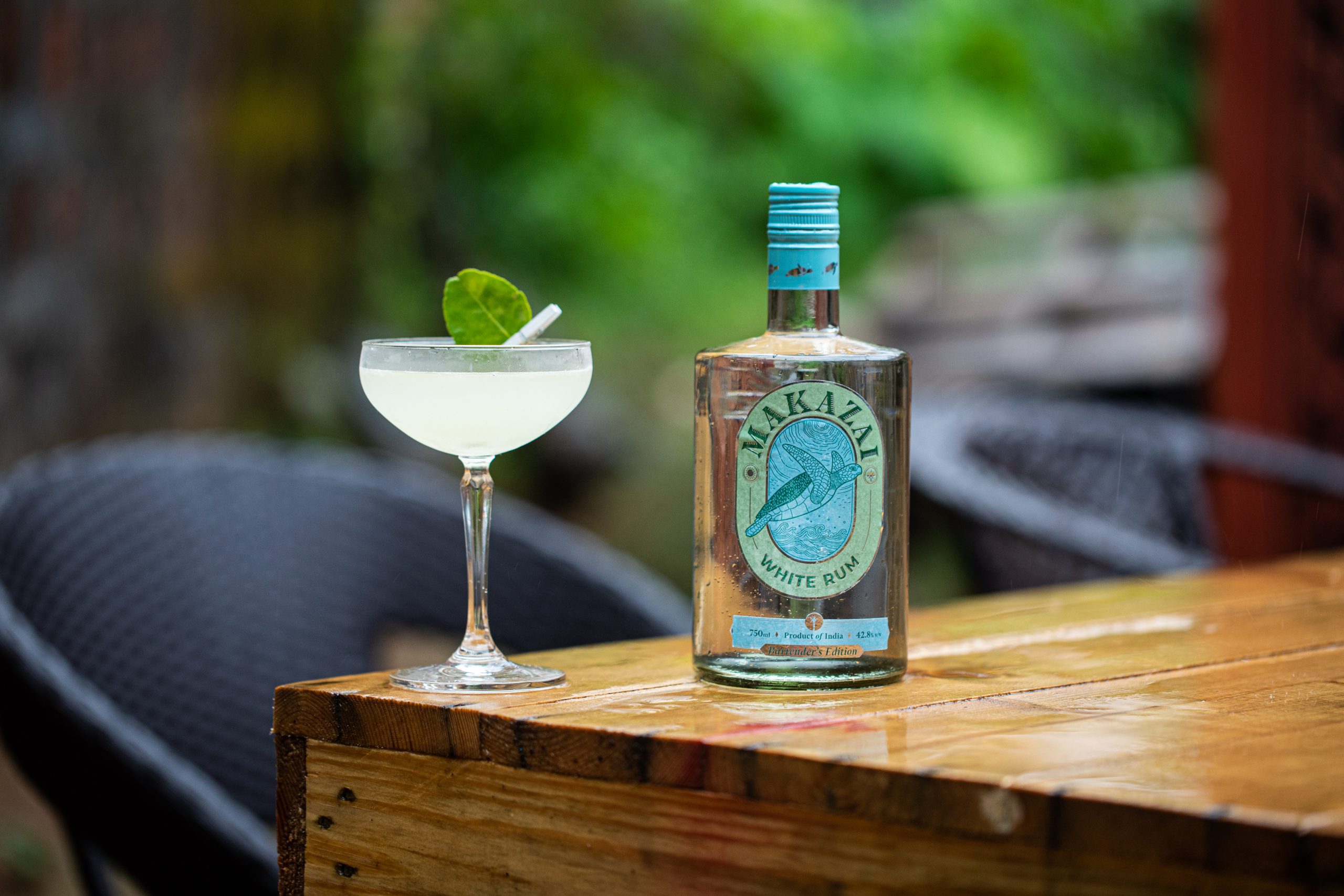Homemade Indian liquors, often crafted with love and tradition, can sometimes harbor hidden dangers. While these beverages carry cultural significance, the use of harmful ingredients can pose serious health risks. This blog post aims to shed light on the potential dangers of homemade liquors, helping readers make informed choices about what they consume.
1. The Cultural Significance of Homemade Liquors
Homemade liquors hold a special place in Indian traditions, often enjoyed during festivals, weddings, and family gatherings. These drinks are typically made using locally sourced ingredients, passed down through generations.
Popular Types of Homemade Indian Liquors:
- Fenny: A Goan spirit made from cashew apples or coconut sap.
- Mahua: A traditional liquor from the central region of India, made from the flowers of the mahua tree.
- Toddy: A fermented beverage derived from the sap of palm trees.
2. Common Harmful Ingredients in Homemade Liquors
While homemade liquors can be delicious, certain ingredients can turn these drinks into health hazards. Understanding what goes into your drink is crucial for safety.
Harmful Ingredients to Watch For:
- Methanol: Often used in industrial applications, methanol can be mistakenly included in homemade liquor, leading to poisoning.
- Artificial Flavors and Colors: To enhance taste and appearance, some brewers may add synthetic chemicals that can be toxic.
- Unregulated Sugars: Excessive sugar, especially from low-quality sources, can lead to fermentation problems and health risks.
3. Health Risks Associated with Harmful Ingredients
The consumption of homemade liquors containing toxic ingredients can lead to various health issues, some of which can be life-threatening.
Potential Health Risks:
- Alcohol Poisoning: Symptoms include confusion, vomiting, seizures, and in severe cases, respiratory failure.
- Long-term Damage: Chronic exposure to harmful ingredients can lead to liver damage, kidney failure, and neurological disorders.
- Immediate Dangers: Methanol poisoning can cause blindness or death, often without immediate symptoms.
4. How to Ensure Safe Homemade Liquors
If you enjoy homemade liquors, there are ways to ensure that your drinks are safe for consumption.
Safety Tips:
- Know Your Ingredients: Use high-quality, natural ingredients, and avoid anything that appears questionable.
- Check for Certifications: If purchasing from local brewers, ensure they adhere to safety and quality regulations.
- Educate Yourself: Learn about the fermentation process and the role of each ingredient to avoid potential hazards.
5. The Role of Regulation and Awareness
Increasing awareness about the dangers of harmful ingredients in homemade liquors is essential. Governments and health organizations are working towards improving regulations in alcohol production.
Key Efforts:
- Public Awareness Campaigns: Initiatives to educate the public about the risks associated with homemade and unregulated alcohol.
- Stricter Regulations: Efforts to enforce quality control in alcohol production to prevent the sale of harmful products.
6. What to Do If You Experience Symptoms
If you or someone else experiences adverse symptoms after consuming homemade liquor, it’s crucial to take immediate action.
Steps to Take:
- Seek Medical Attention: If symptoms arise, get medical help immediately.
- Report the Source: Notify local authorities about the production source to prevent further incidents.
- Spread the Word: Inform friends and family about the risks of consuming unsafe homemade liquors.
Conclusion
While homemade Indian liquors can be a delightful part of cultural traditions, it’s vital to be aware of the potential risks involved. By understanding harmful ingredients and prioritizing safety, you can enjoy these beverages responsibly. Stay informed, drink wisely, and celebrate traditions safely.



























Leave a Reply